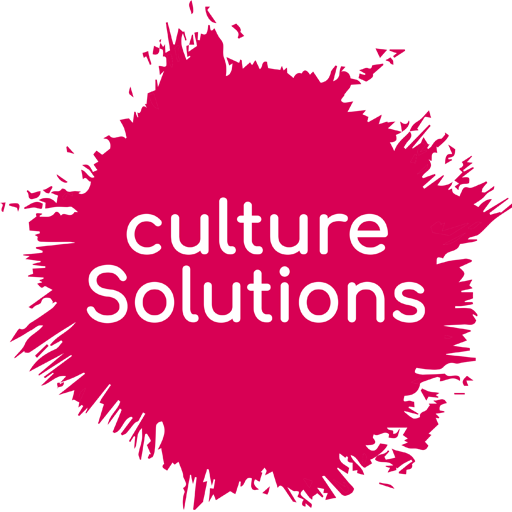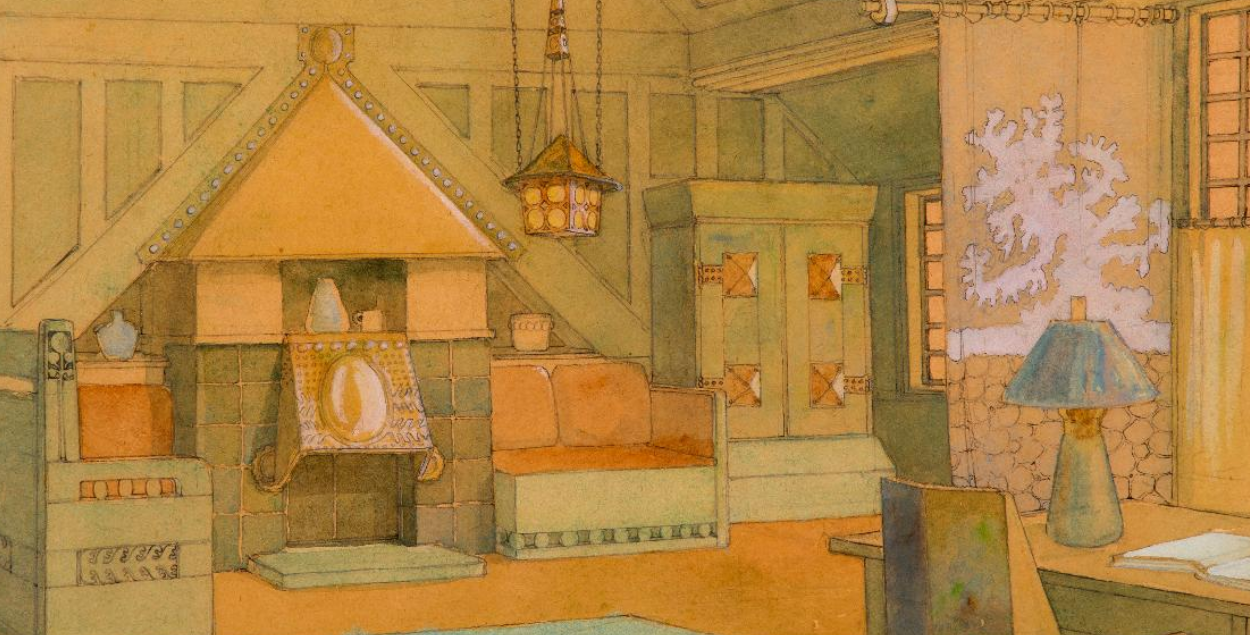Africa-Europe cultural relations programming: what’s the agenda
By Nicole McNeilly, Gabrielle Bernoville, Valeria Mesía and Celia Zayas
The first-ever Africa-Europe Week and 6th Europe Africa Business Forum (EABF) were held between 14 to 17 February 2022 and led by the European Commission, European cultural organisations, and cultural and civil society actors from the European Union (EU) and African Union (AU). The culture Solutions training and know-how sharing team was invited to participate in the recent assessment of the different culture-related events that had a meaningful place in the Week and the Business Forum agenda. This process aimed to reflect on the main takeaways to strengthen future Africa-Europe dialogue events and programming related to Culture and its possibilities. Following our three tips to help reset the AU-EU cultural relations partnership, we now share a list of five priorities for international and regional Africa-Europe cultural relations programming.
#1 Strengthen skills and professionalism in the cultural and Creative Industries value chains
We are in a crucial transition phase. We are moving from a phase in which Africa has been provided with inputs from the West to an African industry. – Kunle Afolayan, Kap Hub, Nigeria
Africa’s brand is cultural. Its CCIs are full of potential. However, much employment, particularly for young people and women, rests in the informal economy. We recommend that European and African actors:
- Support the professionalisation of the African CCIs through the strengthening of informal and formal education and reducing skills gaps, such as on intellectual property and digitisation;
- Embed cultural perspectives and actors into the development of innovation hubs like, for example, the digital or textile innovation hubs proposed by the Europe-Africa Business Forum working groups;
- Further support international cooperation on artistic education and training, valuing its potential for long-term impact on the development of CCIs.
#2 Mainstream cultural diversity considerations and reconsider the importance of heritage in Africa-Europe collaboration
Europe’s colonial legacy must be addressed to ensure equal partnership working. This is particularly important in light of the different conceptualisations of culture (e.g. as a way of life vs a formal art form). Collaboration between Africa and Europe is fraught with the risk of identity loss and the risk of what it means to adapt to European paradigms of what culture and quality is. Focusing on the richness and cultural diversity in Africa would help us see the African CCIs for their potential for human and sustainable development, rather than through a deficit lens based on the European gaze. For example, we should pay more attention to the possibilities of heritage and traditional knowledge as tools to tackle climate change.
We recommend that cultural programming should:
- Support horizontal, more diverse and inclusive cultural relations between Africa and Europe, including working with digital content platforms to promote and protect the diversity of cultural expressions;
- Capitalise on heritage as part of holistic local and national economic, sustainable development and tourism plans;
- Work to stop the loss of native languages. It could also help the EU progress its position on linguistic diversity.
#3 Support the enabling environment through access to finance, improved data collection and impactful research
We lack data in most cases to understand the extent and real potential of the African CCIs, in particular in the informal economy. We don’t know much about the gender breakdown in the African CCIs or how culture is contributing to decent employment goals (Sustainable Development Goal 8). More broadly, we struggle to embed culture in sustainable development because we lack the data and the evidence of the impact it can have.
In addition to investing in creative infrastructures (e.g. to support specific CCI sub-sectors like gaming), legislative reform is ongoing on copyright and related intellectual property themes, such as image rights.
We recommend that cultural programming should:
- Support access to market-orientated investment opportunities – accessible to micro, small and medium enterprises (MSMEs), and in particular young people and women – provided by development banks and guaranteed by public-funding;
- Explore the possibility of an EEAS-INTPA-led pilot programme of unrestricted funding to cultural projects that are process-based and focussed on impact rather than outputs;
- Invest and prioritise longer-term sectoral investment;
- Provide more intersectoral governance models to protect freedom of cultural expression in a digital age.
#4 Create value for all by seeing the opportunities in mobility and migration
Seeing Africa through its youth is to see a continent full of potential and opportunities. – Jutta Urpilainen, Commissioner on International Partnerships
Within the called-for Africa-Europe partnership reset we described in our first blog, there is a further call for a new mobility framework that would incorporate African priorities on free movement and benefit enhanced EU-AU cultural relations. Both regular and irregular migration is likely to continue (especially due to climate change). Mobility is needed for creative professionalisation and professionalisation is anticipated to reduce (creative) migration.
We recommend that cultural programming, therefore, must:
- Take a ‘rights-based, long-term approach to migration, focusing on harnessing its positive aspects’ (drawing from the civil society track outcomes document);
- Support a community of practice for networking that goes beyond art forms and age, part of which would be a sustainable platform of good practices and spaces;
- Strengthen the EAC’s I-portunus pilot action and open it up to third countries to invest more in mobility opportunities.
#5 Embrace culture in sustainable development
Whereas culture is missing from the 2030 Sustainable Development Goals, the African Cultural Renaissance is a clear goal of the Africa 2063 agenda. Both, however, do not clearly set out a vision of an integrated place for culture in sustainable development priorities.
It’s unequivocal; everyone agrees that culture matters for sustainable development, but to what extent? [MONDIACULT can help the culture-environment nexus] by raising awareness; looking for the best practices in the African intangible heritage that can be used to tackle climate change. – Youma Fall, Co-founder and Executive Director at PayDunya
We recommend, finally, that cultural programming in the Africa and EU partnership needs to:
- Think beyond fashion (which is leading in sustainable and circular economy innovation) towards how other cultural expressions can help in the climate action;
- Bring anthropological perspectives of culture into architecture and urban planning;
- Embrace preparations for MONDIACULT to reconsider the post-colonial and climate action frameworks of the AU-EU cultural partnership.
Conclusions
The five priorities above in Africa-Europe cultural relations programming are relevant to all European actors collaborating with African partners at any level. For sustainability and relationship building, we recommend the strengthening of existing cooperation projects and partnerships and the inclusion of previously excluded or new voices, in particular, the sector itself, as well as women and young people. In our next feature, we’ll share with you our tips on how to strengthen the inclusive spaces for cultural relations dialogue between Africa and Europe.
Take a look at the Africa-Europe Week and Europe Africa Business Forum event recordings! Also, don’t miss out the next blogposts of the series in which we envision the building of new spaces for inclusive cultural relations dialogue, and discuss the main trends in EU-AU cultural relations by positioning them along what we have observed to date with EU and Africa, Caribbean and Pacific relations.
The views expressed in this article are personal and are not the official position of culture Solutions as an organisation.
Photo credits: Saarinen, Eliel. Decoration fantasy, interior perspective drawing, 1901. Museum of Finnish Architecture. CC BY.

